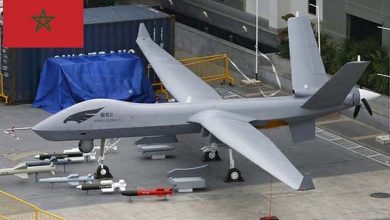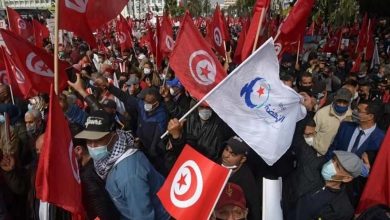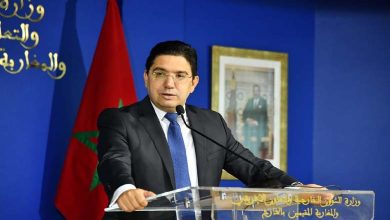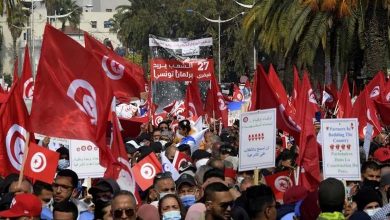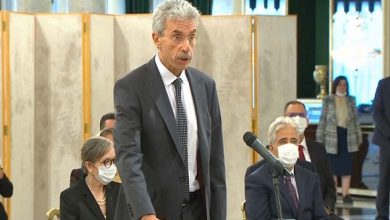Preparations to open the Iranian embassy in Libya in light of the agreement with Saudi Arabia

Libya and Iran discussed, Sunday, the arrangements for the return of Tehran’s embassy in Tripoli to exercise its duties after it was closed 12 years ago. During the meeting between Libyan Foreign Minister Najla Mangoush and the Iranian ambassador to Libya, Mohammad Reza, in Tripoli, according to the statement of the Libyan Foreign Ministry. It is believed that the decision was prompted by the Saudi-Iranian agreement, which opened the door for the resumption of relations between the two countries as well as the settlement of disputes in a number of issues and arenas in the region.
The two sides discussed “ways to strengthen bilateral relations” and “activating a joint economic committee, starting arrangements for the return of the Iranian embassy and resuming its work from Tripoli.”
“In 2011, all foreign embassies operating in Libya, including the Iranian embassy, were closed following protests against the regime of the then-Libyan leader Muammar Gaddafi.”
Iran has some ties to Muammar Gaddafi’s regime despite the disappearance of prominent Lebanese Shiite cleric Moussa Sader in the late 1970s when he visited the Libyan capital Tripoli.
But former Iranian foreign minister Ali Akbar Salehi revealed last year that Iran had interfered in the Libyan affair through missions by the Islamic Revolutionary Guard Corps-Quds Force to support Libyan rebels fighting the Gadhafi regime in 2011.
Salehi also mentioned that members of the Revolutionary Guards were helping injured Libyan rebels through the Iranian Red Crescent, as Iran thought at the time that it could use Libya as a card to put pressure on Europe and get close to the vital area of the European Union.
It is believed that uranium was one of the reasons for accusing Iran in the Libyan arena after reports spoke of the presence of large quantities in Libya, where Tehran needs this material to press its nuclear file.
Although the Libyan arena was not among Iran’s main concerns in the past, the return of relations will give Iran an opportunity to strengthen its influence in North Africa in the face of regional powers such as Turkey and Egypt, although it has few cards to play.
The United States, whose Prime Minister Abdul Hamid Dbeibeh sought to win support against his adversaries, will not welcome the decision to restore relations between Tehran and Tripoli, as Washington seeks to tighten sanctions on the Iranian regime over a number of issues, foremost among them the nuclear issue.
The meeting also touched on “developments in regional and international issues,” the statement said, adding that the inscription reiterated “Libya’s welcome for the return of Saudi-Iranian relations and praised this positive step for its benefit and importance to stability in the region.”
In a statement, the Libyan Foreign Ministry said that the Saudi-Iranian agreement “establishes the launch of an Arab-Iranian dialog that reduces tension in the Middle East and the Arab Gulf.”
On Friday, Saudi Arabia and Iran announced an agreement on resuming diplomatic relations and reopening embassies in two months, following Chinese-sponsored talks, a joint statement by the three countries said.


